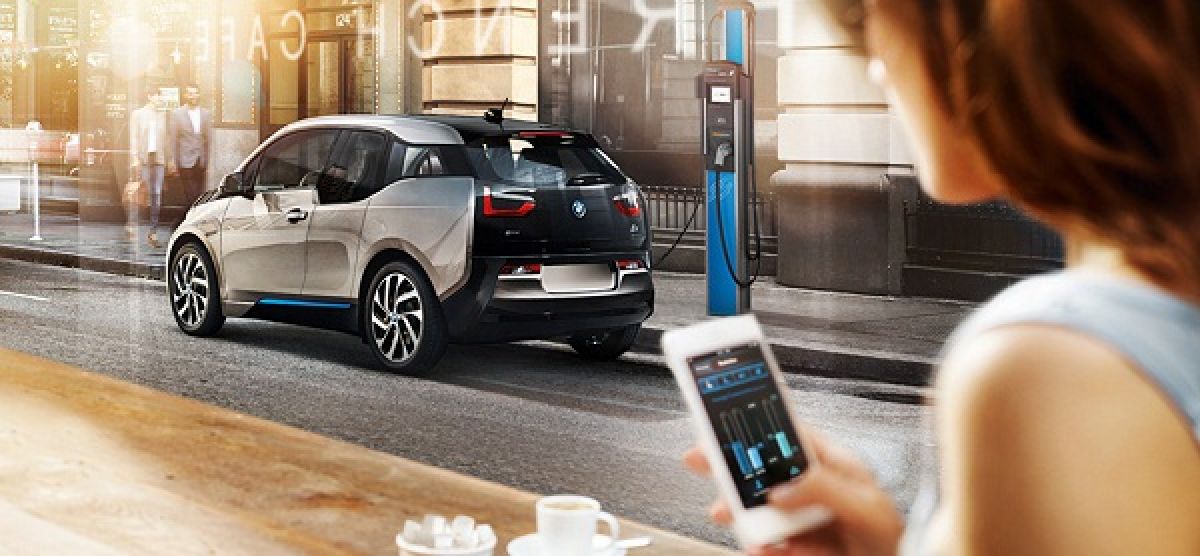It is easy for Americans to get caught up in U.S. sales of electric vehicles, but there is a much larger driving world out there. Europe is one of the regions of the world with governments looking to push an EV-friendly agenda and is heavily targeted by automakers, but how are electric cars doing in Germany and the UK, two of the most high-profile European markets?
Germany: slow to adopt
The nation known for engineering and appreciating great cars has been somewhat reluctant to make the switch to electricity so far. Recently, the German government unveiled new legislation proposing additional incentives for EV ownership: use of inner-city bus lanes, free parking, and exclusive use of parking spaces designated for charging. These rather meager incentives join the road tax exemption already in place for electric vehicles.
Though German Chancellor Angela Merkel in 2009 targeted 1 million electric vehicles on German roads by 2020, the country has not done much to incentivize electric vehicle purchases. According to IOL Motoring (via Inside EVs), the new proposal will not change much: Matthias Wissmann, head of the VDA auto industry association, thinks the added incentives “aren’t enough and need to be followed up with further tax breaks for electric cars.”
In the first half of this year only about 17,000 electric vehicles were in use in Germany, or about 4 for every 10,000 fossil-fueled cars. That makes the Chancellor’s goal of 1 million by 2020 seem almost laughable. The main barriers? “High cost, low level of autonomy and the recharging time,” according to Ferdinand Dudenhoeffer, expert at the CAR Center for Automotive Research at Duisburg-Essen University.
Additional factors slowing adoption in Germany are a preference for German-made cars (of which there are few electric options) and reluctance to provide financial incentives for imported cars. Lack of charging stations is a main reason cited by BMW, as Germany currently boasts just 4400 public charging stations.
UK: intrigued by the possibilities
The United Kingdom has shown more inclination to the electric vehicle movement than the Germans. The government offers grants to support pure EV purchases and London in particular has been very aggressive with incentives.
A recent survey conducted by the Institute of Advanced Motorists found that 31% of drivers in the UK would consider an electric vehicle for their next purchase.
The meaning of that number is up for debate, but it at least represents a sizable market that is open for capture by electric vehicles. The study also found interesting results concerning the main deterrents: 40% of those refusing to consider EVs cited recharging, 39% cited range, and 33% cited cost as the most important discouraging factors.
Of those hesitant respondents, 37% said lower cost could get them into an EV, 20% cited improved range, and 17% indicated that improved public charging could be the difference.
Though it got off to a slow start following the introduction of the current generation of EVs, nearly 4,600 plug-in vehicles have been sold in the UK so far this year, and the electric movement is widely believed to be gathering momentum there.
The common themes
As expected, the most frequent complaints about electric vehicles in both countries are cost, range, and charging availability. All three are trending in the proper direction, but it remains to be seen at what pace and how improvements in these areas will impact sales in different markets. Speculation can make fools out of us, as Chancellor Merkel proved with her statement in 2009, but the outlook for plug-ins in both Germany and the UK should continue to brighten.





